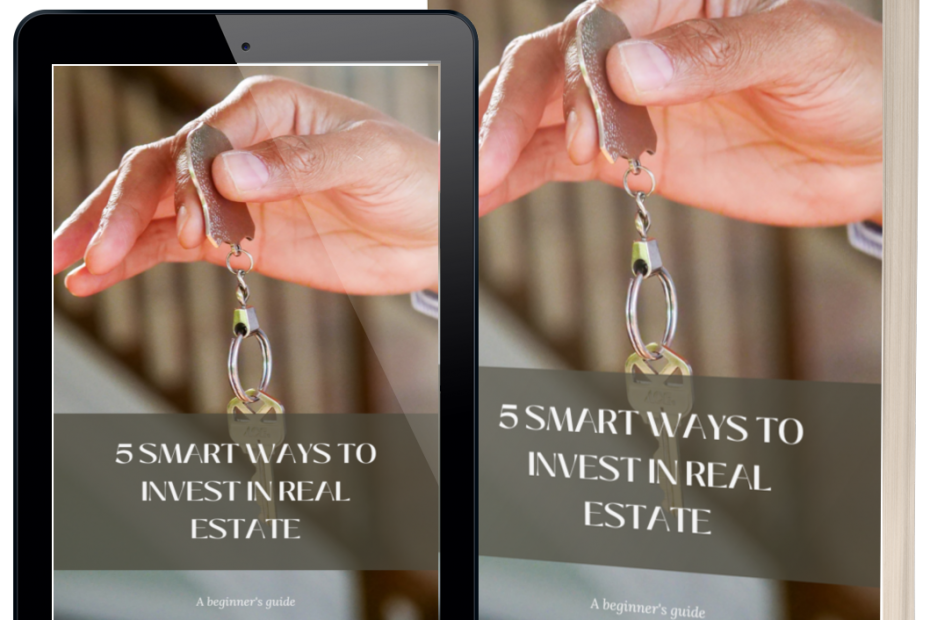Real estate investing doesn’t come with a map, and the road to riches is often winding. That being said, there are things you can do to put yourself on the right path and ensure your best chances for success. Listening to real estate professionals and successful investors is a great place to start.
To get you in the mindset of the pros, here are 5 essential property investment tips from people who can speak from experience. Whether you’re new to real estate investing or going on your third income property, this article is filled with great nuggets of advice and interesting perspectives.
While real estate investing certainly isn’t for everyone, it can be very lucrative. Many people have made millions investing in real estate. If you’re wanting to expand your investment horizons, here are 5 different ways to invest in real estate.
1. Invest In A Bigger Real Estate Deal
One of our favorite options for investing in real estate is joining with others to invest in a bigger deal. This can be either commercial or residential.
There are two great things about investing in a larger real estate deal online:
2. Buy A Rental Property
To do this, you have to purchase a house that has a combined monthly mortgage payment, home insurance payment, and property tax payment lower than the rent the property commands. There are several ways to do this – from buying in an area with high rents, to putting a lot of money down so that your mortgage payment is low.
Purchasing homes and renting them out is a great way to produce extra monthly cash flow.
There are two downsides to owing a rental property directly. First, it typically requires a lot of cash up front – from the downpayment to the maintenance required. You really need to assess whether your return on investment will be worth it.
The second major downside of real estate is dealing with tenants. You’ll need to screen renters before letting them move in. You’re also bound to hear stories that touch at one point or another so you’ll have to learn to be firm with tenants. If you’re the type to easily give in to people, you may be better off letting a property management service oversee your rental properties. Either way, there is ongoing work required.
3. Flipping Houses
Flipping homes can be a bit risky, but also extremely rewarding. And, since property values are back on the rise, this is a good time to get started flipping homes. Flipping a house is the sum of purchasing homes under market value, fixing them up, and then selling for a profit.
To be a successful flipper, you need to hunt down those bargain homes – the less work you have to do the better. The ideal flip home would be one that only needs minor cosmetic repairs. You could then make the home look more aesthetically appealing and sell for profit.
When you decide to flip homes, you have to prepare yourself for the possibility that the home may not sell fast – or for much of a profit. You take a big chance when flipping homes, which is why you have to pay special attention to the homes location, needs, and price. However, if you have the knack for flipping houses, you could find this to be one of the best investments you’ve ever made.
4. Rent A Portion Of Your Existing Home
If you aren’t sold on the thought of purchasing a home only to recoup your money little by little, you could first test the waters by renting a portion of your house. You have a couple of options to do this.
First you could rent a spare room in your home or you could rent the basement. If you’re yet to purchase your first home and like this idea you could even buy a duplex and live in one apartment and rent the next.
The advantages to renting a portion of your house is that you get to watch your tenant closely. It’s less likely that a tenant will try to stiff you for the rent payment when you’re in the same household. Renting a portion of your house also gives you the ability to get a feel for what it’s like to be a landlord without making such a huge monetary investment.
5. Land Banking
Land banking is the practice of aggregating parcels of land for future sale or development.
In land banking you buy a large expanse of land and put in a land bank to ensure you have sufficient stock of land for future property development just like is obtainable in our various estate projects.
Land banking offers a good investment strategy which ensures that many investors with foresight make a fortune by land banking because they are able to use a number of different property wealth accelerators that, when combined, generate substantial profits.

